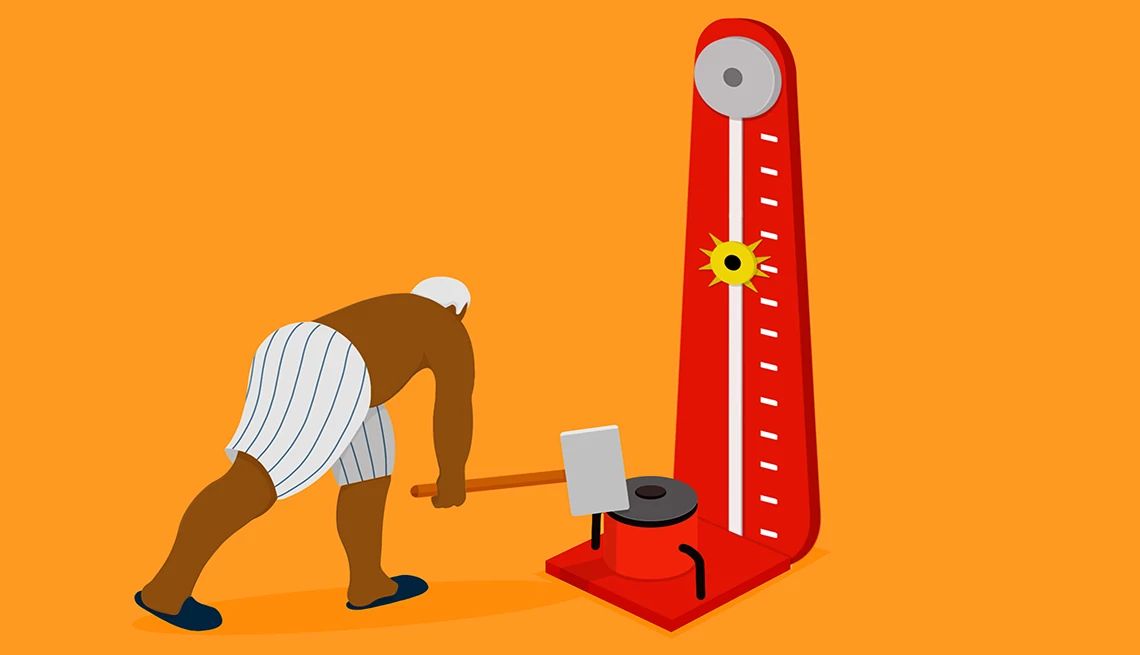AARP Hearing Center


To prepare for this column, I googled “male orgasm intensity” — and learned quite a bit. My favorite search result? A Cosmo article titled “What Having a Male Orgasm Really Feels Like.”
But nothing delighted me as much as learning this new term: Brain crotch. Yep, it’s a thing, as you’ll read below.
This week I talked to four sexuality experts about a 70-something man who wonders whether the diminishing strength of his orgasms is normal. The short answer is yes.
We also tackle this question from a female reader: Why does it burn when I pee after sex?


In the Mood
For AARP’s In the Mood column, writer Ellen Uzelac will ask experts your most pressing 50+ sex and relationship questions. Uzelac is the former West Coast bureau chief for The Baltimore Sun. She writes frequently on sex, relationships, travel and lifestyle issues.
I’m in my 70s and my wife and I are still sexually active. But I’ve noticed that my orgasms aren’t as strong as they once were. Is this normal?
First off, don’t panic. Physical changes associated with aging often result in less intense orgasms, according to our experts. No surprise there.
What may surprise you is that the intensity of your orgasms is as much about your aging brain as it is your aging penis.
Sensations coming from the genitals register in a part of the brain called the sensory cortex, or brain crotch, as neuroscientist Nan Wise calls it.
When you age, she says, the connections or neural pathways between your genitals and the brain crotch can become slower and less powerful — resulting in weaker orgasms.






































































You Might Also Like
Dating as a Widow? Here’s How to Deal With Those ‘Helpful’ Comments
Plus, urinating during sex is more common than you might thinkI Can’t Have Sex With My Wife Because of Prostate Cancer. What’s Next for Us?
Plus a woman asks why sex is uncomfortable and burns afterwardsHow Do I Get an Erection Without Viagra? And Please Teach Men How to Help a Woman Orgasm!
Experts answer the questions you are too embarrassed to askRecommended for You